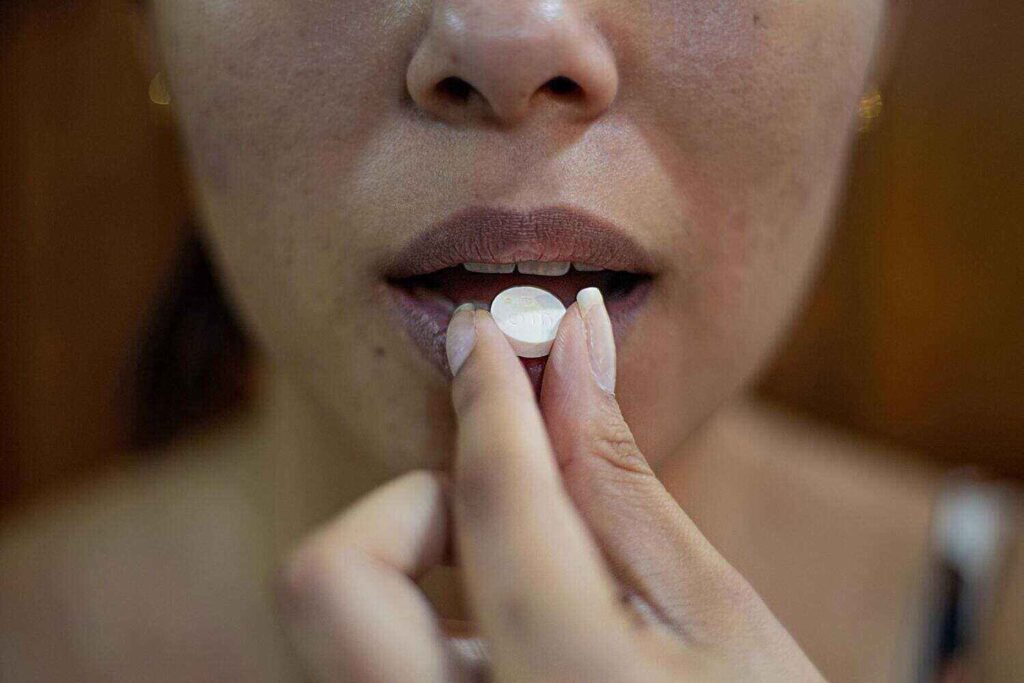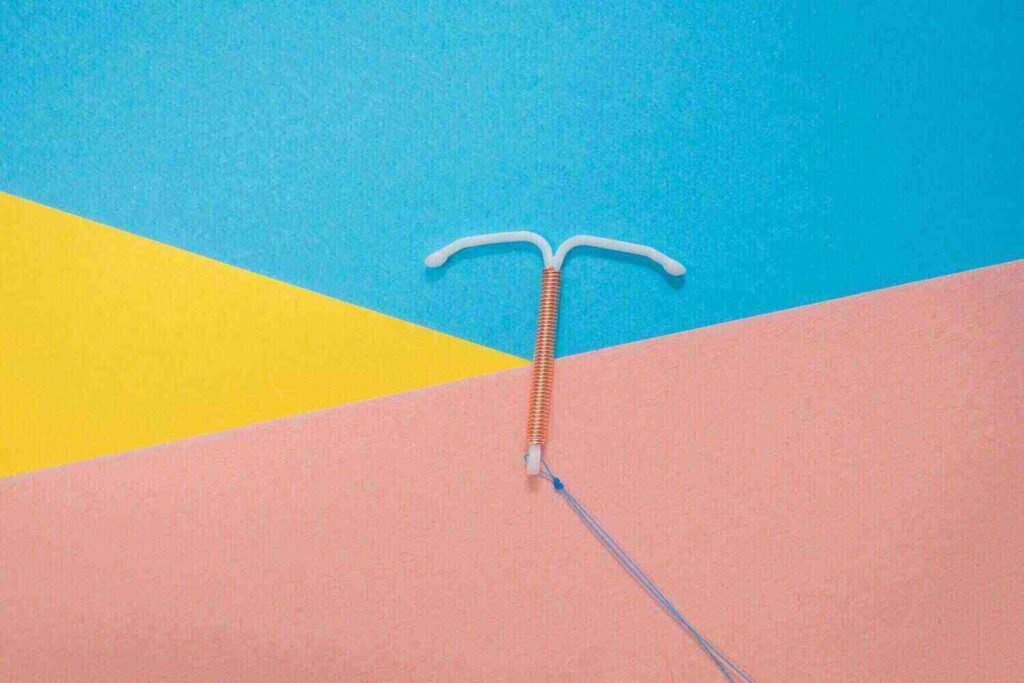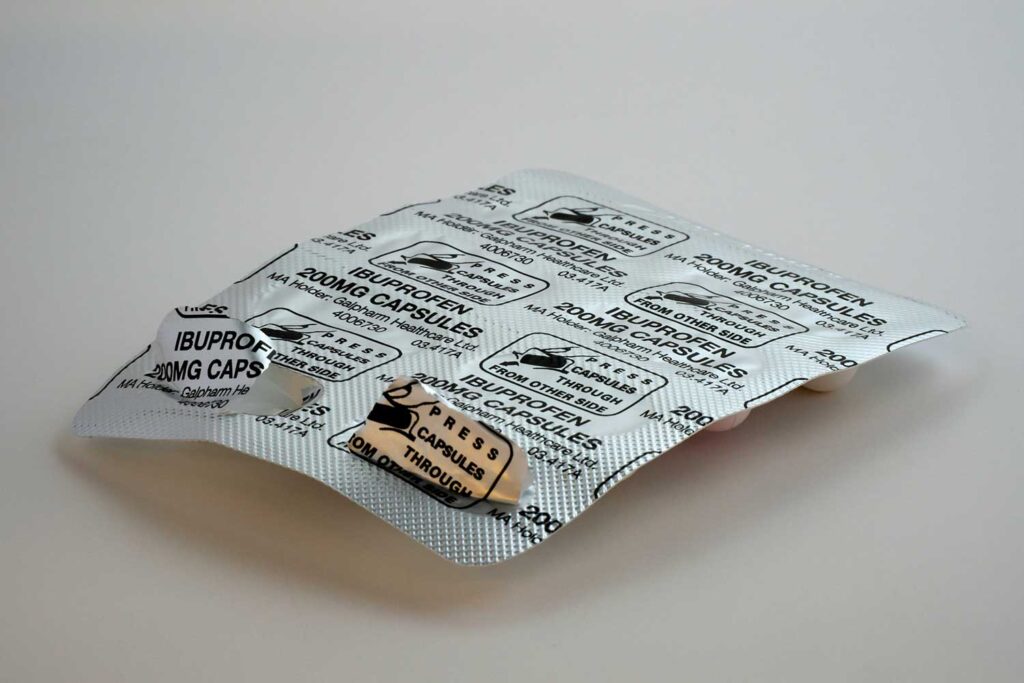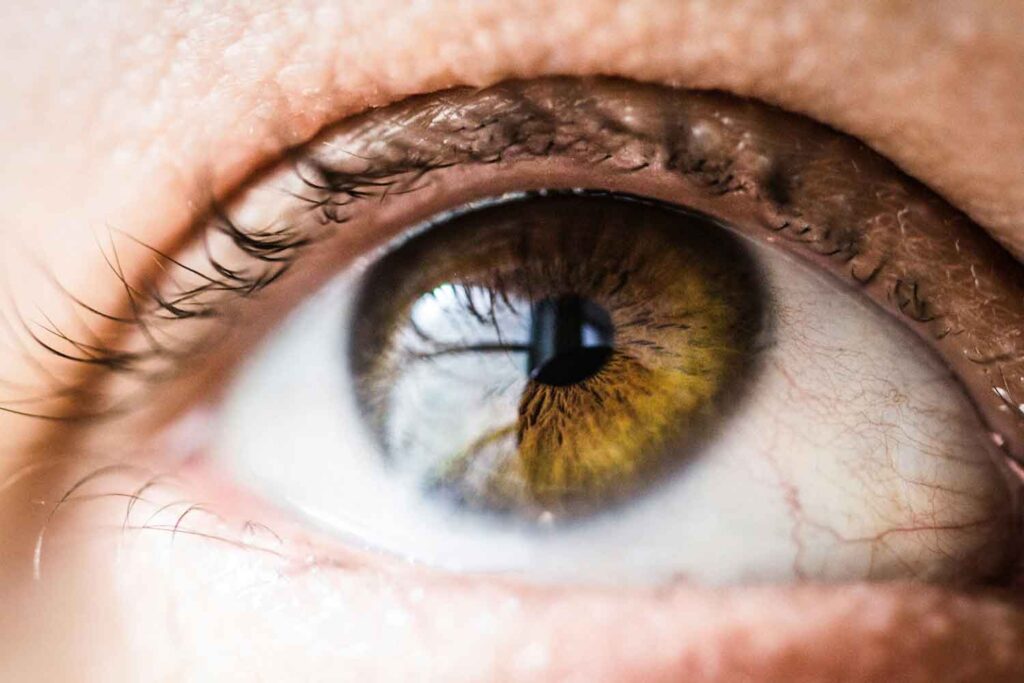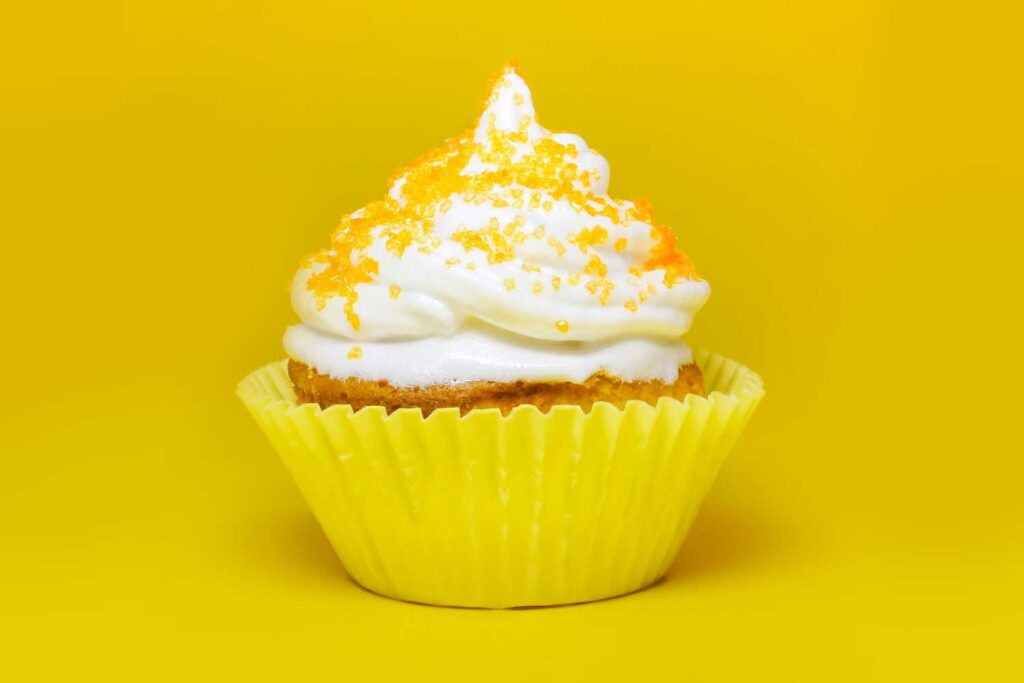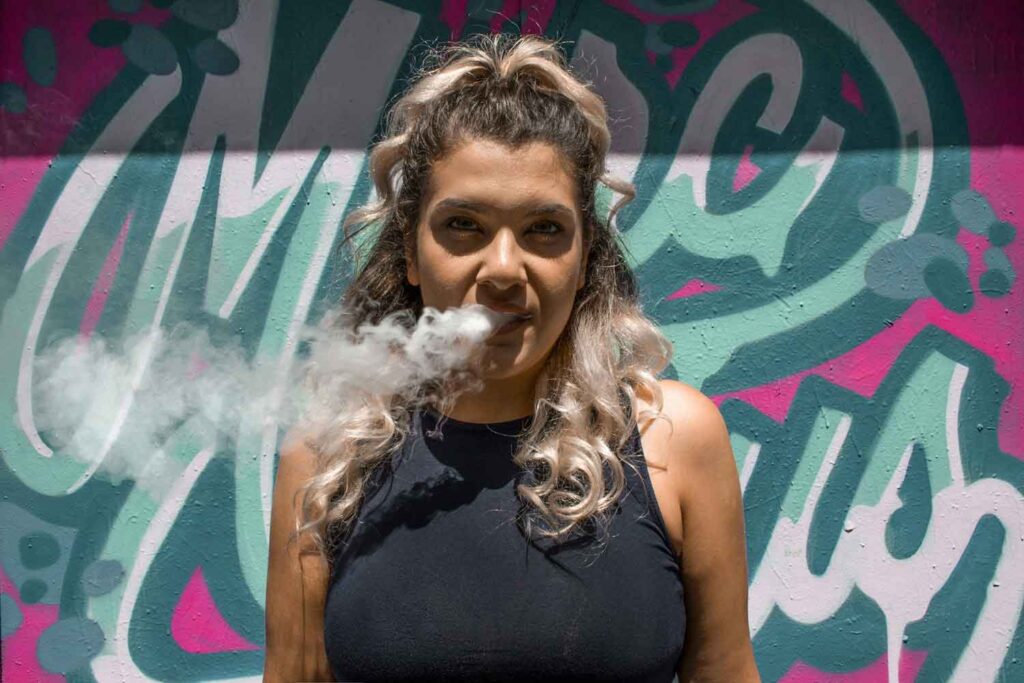Can you smoke weed while breastfeeding?
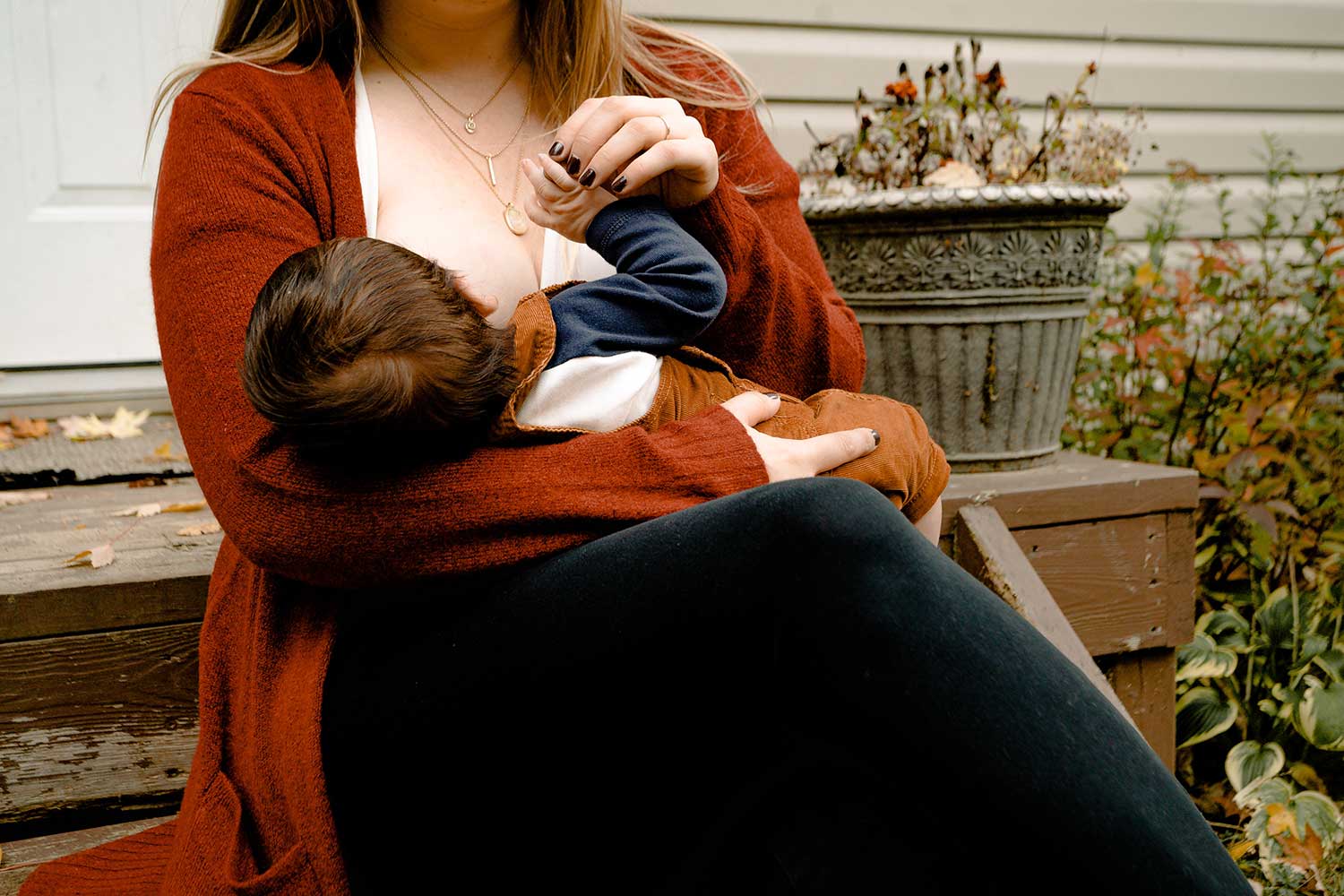
There isn’t a lot of research surrounding smoking weed and pregnancy or breastfeeding. However, the general consensus is that it should be avoided. For example, The Centers for Disease Control and Prevention (CDC) says marijuana use should be avoided in any form that includes vaping, using lotions, etc. The reason is that certain chemicals found in marijuana could affect the baby in a negative way. It may even cause developmental issues. Let’s look at what science says about this.
Feature Photo Source: Pexels
Does marijuana affect breastmilk?
Unfortunately, it does. According to LactMed, a database that informs us about various substances and their effects on breastfed babies, Tetrahydrocannabinol (THC) does pass through breastmilk in small amounts. According to a study referenced by LactMed, 63% of the breastmilk samples from fifty women who reported using cannabis within the last two weeks before donation, had THC.
Should I pump and dump after using weed?
Pump and dump, if you’re unfamiliar, refers to pumping out some breastmilk after consuming certain substances. Mothers pump and dump after a night of drinking so that the alcohol won’t be passed on to the baby. However, when it comes to using marijuana, pump and dump wouldn’t be effective. According to LactMed, “The duration of detection of THC in milk has ranged from 6 days to greater than 6 weeks in various studies.” Therefore, THC will stay in the milk much longer and so pumping and dumping right after use would not stop the baby from being exposed to it.
In another study referenced by LactMed, women who reported using THC within a two-week period had no detectable THC after a 6 day period.
There are clearly conflicting studies about how long THC stays in breastmilk and so it’s best to just avoid it while breastfeeding.
Can smoking weed during pregnancy affect breastmilk?
Again, marijuana shouldn’t be used during pregnancy. However, if it was used, it can still affect the breastmilk. According to a study referenced in LactMed, women who used marijuana during pregnancy but abstained from it for 6 weeks after giving birth still had THC in their breastmilk throughout the six-week period.
Why smoking weed and breastfeeding is dangerous
There is not a lot of research surrounding the dangers of breastfeeding when smoking weed. We know two things. The first thing is that THC is passed through breastmilk to the infant. The second thing is that THC is often stored in fat and babies have a lot of fat. According to Healthline, THC may stay in the babies for a longer period of time due to the amount of fat they have.
The US Food and Drug Administration (FDA) says, “THC may affect a newborn’s brain development and result in hyperactivity, poor cognitive function, and other long-term consequences”.
Maternal marijuana use during lactation and infant development at one year, says that “Very little is known about the effect of postnatal marijuana exposure on infant development.”
The study then tried to see what the effects of marijuana on breastfed babies would be. There were 136 breastfed included in the study and 68 of them were exposed to marijuana via breastmilk. The study concluded that being exposed to marijuana via breastmilk during the first month postpartum may be linked to a decrease in infant motor development at one year of age.
Results of other studies
According to a study, there were no differences found in growth, or on mental and motor development. The study compared six infants whose mother’s used cannabis during breastfeeding with infants whose mother didn’t use weed during pregnancy or during breastfeeding.
Another case report didn’t find any 9-carboxy-THC in the infant of a mother who smoked several times a day. There was none in the infant whose mother smoked once daily. Analysis of the infant whose mom smoked several times a day showed there was a higher proportion of metabolites than THC. That indicates that “THC was probably absorbed from the milk, metabolized by the infant, and excreted in feces.”
Can I use cannabis even if I’m not breastfeeding?
Yes, however, according to Healthline, do not smoke around the baby and change your clothes before tending to them. You also need to wash your hands and face before handling the baby.
Does CBD transfer through breastmilk?
Cannabidiol (CBD) can be passed through breastmilk. However, it seems to be passed on less effectively than THC. In the study with the 63% of the breastmilk samples having THC, only 9% had CBD.
Is CBD safe to use while breastfeeding or during pregnancy?
No. According to the FDA, CBD is not approved for use during pregnancy or breastfeeding. Their reasoning is that there are no comprehensive studies studying the effects of CBD on fetal development. In animal studies, high doses of CBD in pregnant animals caused issues with the reproductive system of developing male fetuses. In addition to that, some CBD products may have THC in them.
Are hemp seeds safe to use during pregnancy and while breastfeeding?
According to the FDA, it is safe to use hemp seeds during pregnancy and breastfeeding. The article said, “Hemp seeds can pick up minuscule amounts of THC and CBD from contact with other plant parts, but these amounts are low enough to not raise concerns for any group, including pregnant or breastfeeding mothers.”
Conclusion
Cannabinoids do transfer to babies through breastmilk. Therefore, smoking weed and using products with CBD and or THC are discouraged during breastfeeding by experts. We need more research in this field. In the meantime, it’s best to just avoid weed while breastfeeding.

